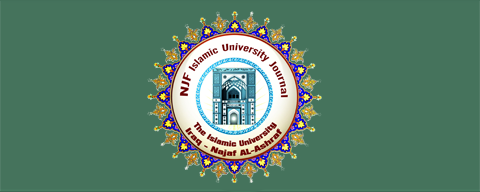Abstract
This study explores the unique status of Fatimah al-Zahra (peace be upon her), the daughter of Prophet Muhammad (peace be upon him and his family), through the dual lenses of divine revelation and rational philosophy. It argues that her infallibility, authority, and role in Islamic history are not only rooted in prophetic lineage but also reinforced by rational principles intrinsic to Islamic epistemology. Drawing on Qur’anic verses, Hadiths, and classical Islamic scholarship, the paper examines how Fatimah represents a convergence between abstract reason and cognitive rationality, and how divine revelation elevated her to a status of spiritual and moral infallibility. The text analyzes Fatimah's pivotal position following the Prophet’s death, her resistance to political and doctrinal deviation, and her revolutionary stance after Saqifah as a continuation of the prophetic mission. It also investigates the theological parallels between Fatimah and Mary (peace be upon her), emphasizing the spiritual, intellectual, and reformative capacities endowed upon them through divine will. Ultimately, the research offers a holistic framework for understanding Fatimah’s life as a living model of the Islamic message—bridging the end of Prophethood and the beginning of the Imamate—establishing her as a rational, revelatory, and eternal figure in Islamic heritage.
Keywords
Fatimah al-Zahra, Revelation, Reason, Infallibility, Ahl al-Bayt, Prophethood
Article Type
Article
Recommended Citation
Alkhafagi, Mahmood Shakir
(2025)
"The Adopted Daughter of Revelation, Fatimah al-Zahra (peace be upon her) Between Revelation and Rationality,"
NJF Islamic University Journal: Vol. 2:
Iss.
1, Article 8.
DOI: https://doi.org/10.64179/3080-7530.1017

